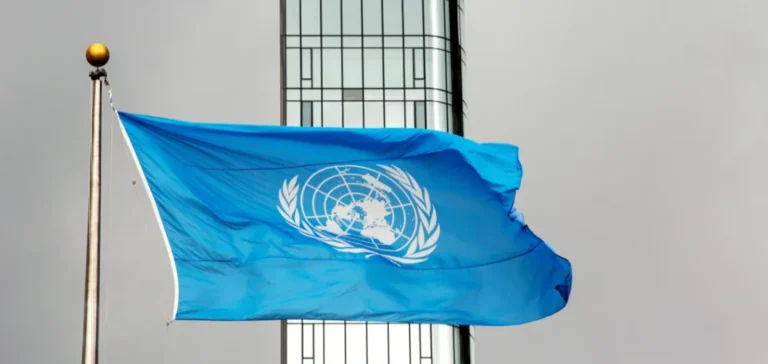Negotiations between Iran and the E3 group, comprising Germany, France and the United Kingdom, remain at an impasse less than a week before the deadline for the reimposition of international sanctions. Without a new agreement by 28 September, the measures lifted since 2015 under the Joint Comprehensive Plan of Action (JCPOA) will be automatically reactivated.
A persistent disagreement between the parties
While the United Nations Security Council has validated the process for the return of sanctions, diplomatic talks remain blocked. The foreign ministers of the three European powers have proposed a six-month extension of Resolution 2231, in the hope of concluding a new interim deal. According to French authorities, Iran has so far not responded to the European requirements, which include expanded access for the International Atomic Energy Agency (IAEA) to Iranian nuclear facilities.
For his part, Iranian Minister of Foreign Affairs Abbas Araghchi said he had submitted a proposal he described as “creative, fair and balanced”, without publicly detailing its terms. In Paris, the French presidency mentioned ongoing discussions and the possibility of high-level contacts on the sidelines of the United Nations General Assembly.
Direct consequences for Iran’s energy economy
The imposition of new sanctions could deal a severe blow to Iran’s oil exports, already under pressure since the United States withdrew from the deal in 2018. The country, where oil revenues account for a significant share of the national economy, could see its production and export capacity sharply reduced. According to some estimates, inflation could climb beyond 90% if sanctions were reinstated without a diplomatic compromise.
The current stalemate comes amid marked divergences over objectives and the guarantees to be provided. The Europeans demand transparency measures on stocks of enriched uranium, while Tehran denounces an “unbalanced position” from Western negotiators. Despite limited room for manoeuvre, some diplomatic voices still see a potential breakthrough before the deadline.
Washington in focus for a way out of the crisis
Behind the scenes, the prospect of resuming direct negotiations between Tehran and Washington is being considered as an alternative if the European channel fails. United States officials display differing positions: while some believe sanctions will weaken Iran’s economy durably, others still envisage a window for talks conditioned on a concrete step from Tehran.
Oil market participants are monitoring developments closely, aware that a full reinstatement of sanctions could reconfigure regional export flows. For now, companies involved in trading Iranian crude or energy infrastructure projects are holding back decisions pending a clear outcome to the talks.






















